|
☞ [Research] Attack-resilient AI-empowered autonomous cyber-physical systems (2021-present)
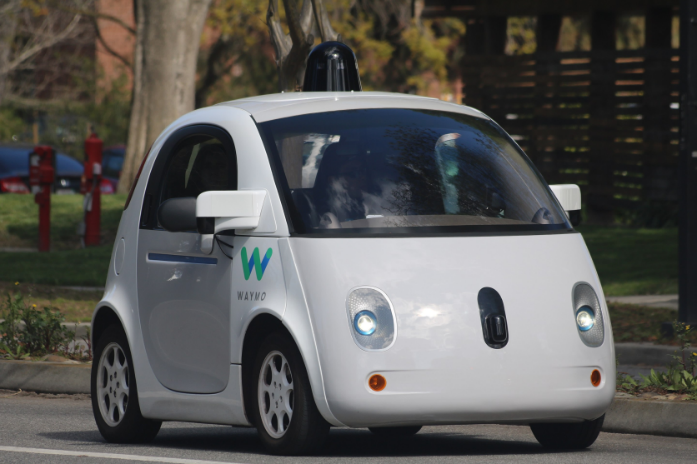
|
The recent fast advance of artificial intelligence technologies enables various autonomous cyber-physical systems (e.g., autonomous vehicles and unmanned aerial vehicles) to accomplish sophisticated tasks in real-world environment. We study both the internal and external attacks on sensor data, i.e., sensor data corruption by attackers who have obtained access to the system's sensors and adversarial examples that can be implemented by introducing tiny changes to the system's environment. We design attack detection and thwarting approaches and develop their efficient implementations suitable for embedded hardware accelerators.
|
|
☞ [Research] Intelligent large scale sensing and systems with AIoT (2020-present)
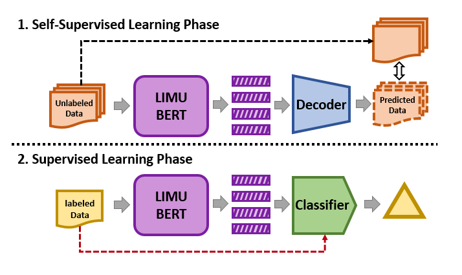
|
We use advanced AI techniques like BERT and Federated Learning to solve practical challenges in large-scale sensing systems and IoT applications. We are adopting BERT from NLP domain to extract general features from massive unlabelled data in real environments. The design has been validated in various open-source datasets with average accuracy over 90% for IMU-based activity recognition applications. We leverage the IMU-based activity recognition for automatic and user-friendly human-IoT interactions.
Check out the video and LIMU-BERT code.
|
|
|
☞ [Research] Improving real time video streaming in 5G networks (2020-present)
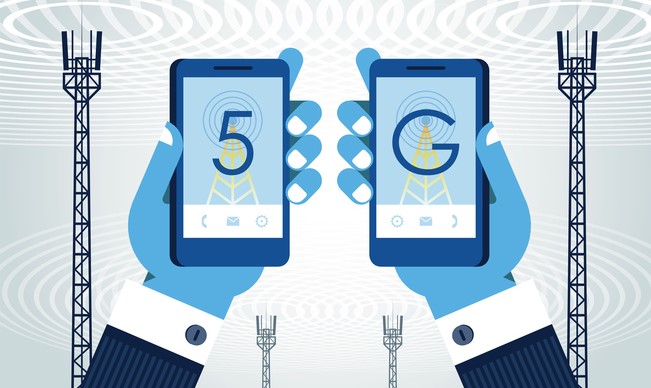
|
This project aims to improve the real time video streaming performance in 5G by incorporating the video context information and highly dynamic cellular network conditions. Empirical experiments have validated our hypothesis on the problem.
|
|
☞ [Product] YuFeiMen: Smart authentication system with various interfaces (2017-2019)
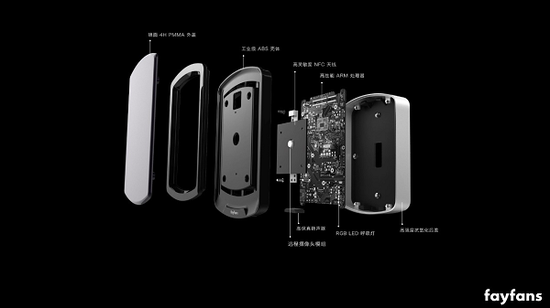
|
YuFeiMen is an intelligent identity authentication product, supporting various authentication interfaces including gesture-based commands, dynamic QR code and NFC-based communication. The product is being used in many scenarios like office buildings, industrial parks, chain hotels, etc. PoE (Power over Ethernet) technology is used so that the deployment and maintenance overhead is greatly reduced compared to traditional products.
|
|
|
☞ [Research→Product] Ensuring system security for NFC-based AFC systems (2016-2019)
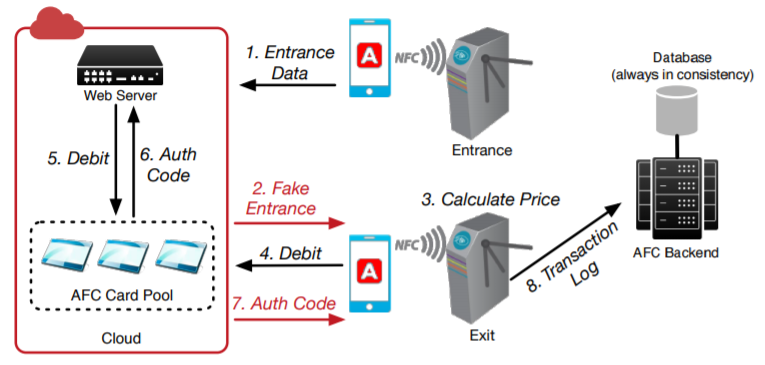
|
This project investigated the security problems and possible attacks in NFC-based Auto Fare Collection (AFC) systems, which are used in public transit systems worldwide. We design and practice a novel paradigm of attack on distancebased pricing AFC systems, enabling users to pay much less than required. The attack has two important properties: 1) invisible to AFC system operators; and 2) scalable to large number of users (e.g., 10,000) by maintaining a moderate-sized card pool (e.g., 150 cards). Based on the results, we launched Kakachong, which is a mobile app for topping up smart cards using NFC-equipped smartphones.
|
|
☞ [Research] Instant 3D orientation estimation of mobile phones for mobile systems and gaming interfaces (2013-2015)
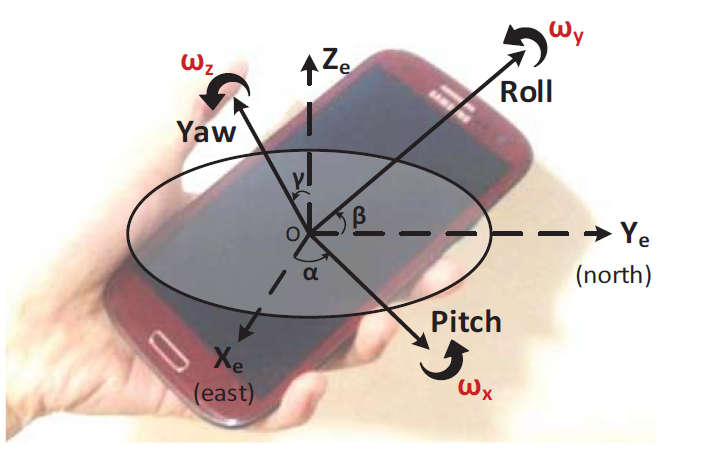
|
3D phone orientation is valuable for various applications including mobile systems and orientation based HCI for mobile gaming. This project solved the problem of instant 3D orientation estimation of smartphones. We understood the characteristics of the gyroscope, accelerometer and magnetometer sensor through comprehensive experiments and analysis. We proposed to continuously track the orientation primarily using the gyroscope and opportunistically calibrate the orientation using accelerometer and compass when we sense the "good moment".
Check out the video.
|
|
|
☞ [Research→Product] IODetector: The first mobile phone based solution for indoor/outdoor detection (2011-present)

|
The indoor/outdoor status is essential and primitive information for mobile applications. We propose IODetector, which tracks people's indoor/outdoor status using smartphone sensors and achieves high accuracy with little power overhead.
The pilot prototype was developed in 2012. In 2019, we did a technology transfer of IODetector for Ele.me, which is Alibaba's on-demand food delivery platform. IODetector helps Ele.me better understand the courier's working status so as to improve the delivery efficiency. It is now running on the mobile phones of over 1 million couriers across 367 cities in China. IODetector helps shorten the average delivery time of each order by 19 seconds and reduce the late delivery rate relatively by 5.6%, which results in the annual ~108 million RMB cost saving for couriers and restaurants, and ~11 million RMB profit gain for Ele.me platform.
Check out the IODetector code for Android.
|
|
☞ [Research] Urban traffic informatics with crowdsensing (2011-2018)

|
The proposed traffic sensing system solely relies on the collaborative effort of crowdsensing users and is independent of commercial transportation companies. The real time bus information is collected from bus riders to predict bus arrival time and estimate the traffic map of the urban area. Specifically, we make use of the audio beep signal from card readers to detect the boarding and cellular fingerprint to identify the bus route and track the bus. We implemented a pilot system in Singapore in 2011 and also did evaluation experiments in London in 2012.
Later we further expand the system to do urban traffic monitoring using buses as traffic "probes".
Check out the video.
|
|